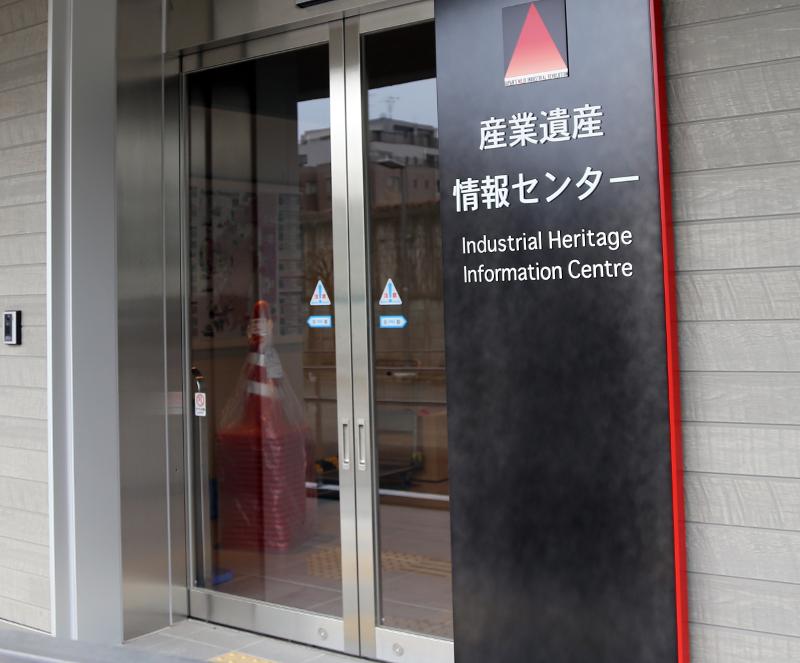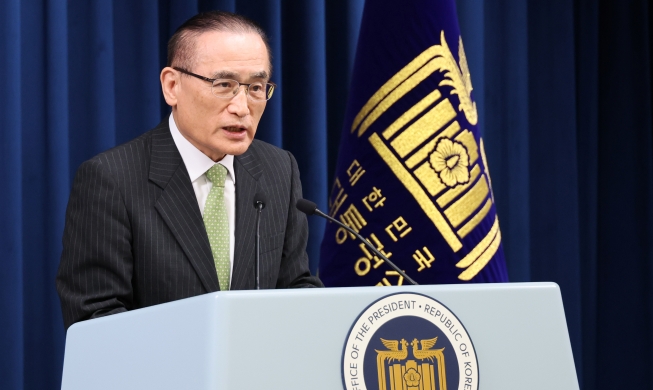
UNESCO on July 12 said it "strongly regrets" Japan's Industrial Heritage Information Centre, which was opened in Tokyo in June last year, for not presenting the full history of the country's past use of forced labor. (Yonhap News)
By Yoon Sojung
UNESCO's World Heritage Committee has expressed strong concern over the Japanese government's failure to present the truth behind Japan's use of forced workers from Korea and other countries at early 20th-century industrialization sites.
The committee on July 12 uploaded on its website a report on its inspection of the Industrial Heritage Information Centre in Tokyo indicating false details on forced labor conducted on Hashima (Battleship) Island and at other Japanese industrial sites listed as UNESCO World Heritage.
In the report, UNESCO officially confirmed Japan's failure to fully implement "follow-up measures" announced in June 2015 for commemorating the victims as part of Tokyo's bid to get 23 industrial sites designated World Heritage, including facilities where Korean victims were forced to work.
UNESCO said the Japanese government did not "take measures to inform people about Koreans and other people were brought against their will and forced to work under harsh conditions in the 1940s at some of the sites." The committee added that the center did not do enough to honor the victims.
The report used the term "strongly regret" to describe Japan's lack of follow-up measures.
Because UNESCO normally refrains from using strong language and seldom makes a political judgment, this is considered a warning to Tokyo.
Since opening in June last year, the center has faced international criticism because of an exhibition there displaying historical distortion. The exhibition denies that Japan forced Koreans and other people to work on the island, and shows the testimony of a former island resident claiming that the Koreans were treated equally to Japanese.
This prompted UNESCO and the International Council on Monuments and Sites to form a joint team to inspect the center last month and write a 60-page report.
The report criticized Japan over its failed pledge to inform how Koreans and others were forced to work and lack of proper measures to honor the victims.
The report will be adopted at the 44th annual session of the World Heritage Committee from July 16-31 to be held via videoconferencing in Fuzhou, China.
Set up by governments under the World Heritage Convention, the committee screens and assesses applications for World Heritage listing and decides on the protection and management of such heritage.
The 21 committee members include Australia, Norway, Russia, Spain and Thailand but Korea and Japan.
arete@korea.kr
Most popular
- Military discharge sets stage for reunion of all 7 BTS members
- Lee Jae-myung officially sworn in as nation's 21st president
- Presidents Lee, Trump discuss tariff deal in first phone talks
- President's 1st executive order is launch of economic task force
- Method found to boost removal of waste products from brain
